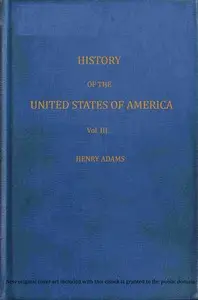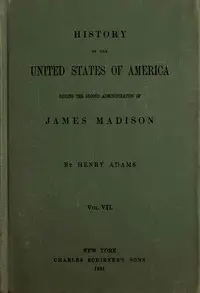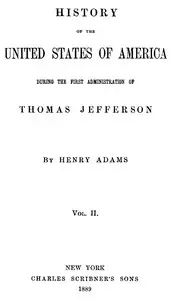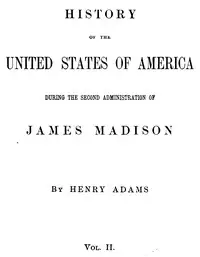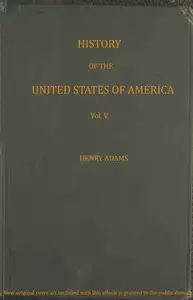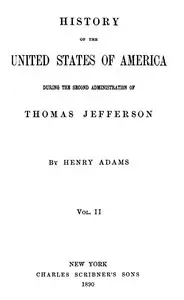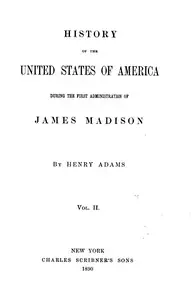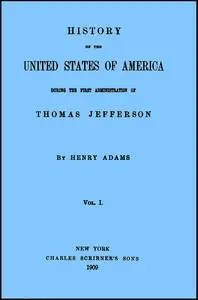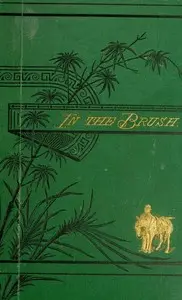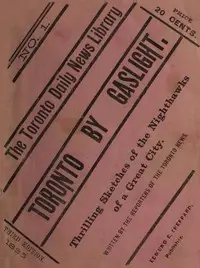"History of the United States of America, Volume 9 (of 9)" by Henry Adams is a detailed look at James Madison's second term as president, from 1813 to 1817. This historical work focuses on the War of 1812 and the difficult peace talks that resulted in the Treaty of Ghent. The narrative explores the complexities of American diplomacy and the problems the young country faced during this difficult time. As the story begins, American negotiators such as Albert Gallatin and John Quincy Adams meet with British officials in a tense environment to try and achieve peace while fighting continues. The book shows the challenges these negotiators faced, including public opinion, disagreements within their own team, and different national goals. It is a story of personal rivalries and high-stakes international politics, as American leaders try to find a path to lasting peace.
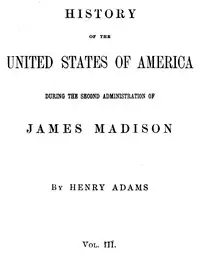
History of the United States of America, Volume 9 (of 9) : $b During the second administration of James Madison
By Henry Adams
Amidst war and political pressures, American leaders fight for peace, navigating treacherous negotiations that will decide the fate of a nation.
Summary
About the AuthorHenry Brooks Adams was an American historian and a member of the Adams political family, descended from two U.S. presidents. As a young Harvard graduate, he served as secretary to his father, Charles Francis Adams, Abraham Lincoln's ambassador to the United Kingdom. The posting influenced the younger man through the experience of wartime diplomacy, and absorption in English culture, especially the works of John Stuart Mill. After the American Civil War, he became a political journalist who entertained America's foremost intellectuals at his homes in Washington and Boston.
Henry Brooks Adams was an American historian and a member of the Adams political family, descended from two U.S. presidents. As a young Harvard graduate, he served as secretary to his father, Charles Francis Adams, Abraham Lincoln's ambassador to the United Kingdom. The posting influenced the younger man through the experience of wartime diplomacy, and absorption in English culture, especially the works of John Stuart Mill. After the American Civil War, he became a political journalist who entertained America's foremost intellectuals at his homes in Washington and Boston.

